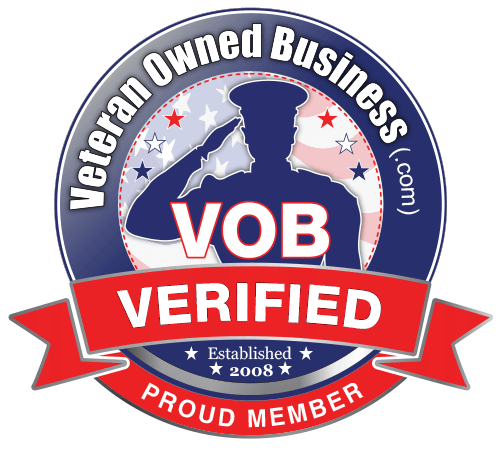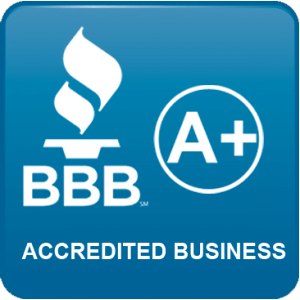How to Advertise Your Cannabis Business with Digital Marketing
Andrea Van Essen • July 3, 2019
Advertising Your Cannabiz!

A quick online search will bring up themes such as CBD licenses, ad restrictions by state, and a plethora of digital marketing acronyms like SEO, SEM and CPM.
It can be a lot to wade through, but we’re here to cut through the jargon and point you in the right direction.
The Do’s and Don’ts of Cannabis Marketing
Businesses, especially those that are new, require effective advertising to grow. With the current status of cannabis in flux for a majority of the United States, business owners are likely to find themselves navigating a maze of restrictions put in place by state legislators.
For a small business or startup, it can feel even more overwhelming as the limitations start to add up. Thankfully, we’re committed to assessing these regulations in-depth, so you don’t have to.
So what are the first steps to ensuring your advertising is both effective and legal?
Don’t:
Advertise in Unauthorized States for THC Based Products
It sounds obvious, but there is a constantly evolving chain of information surrounding which states allow which types of cannabis advertising, with a wide variety of restrictions based on medical usage, recreational usage, and THC percentages.
At the time of publication, we’re allowed to freely serve ads in the following states:
- Alaska
- California
- Colorado
- Maine
- Massachusetts
- Michigan
- Nevada
- Oregon
- Rhode Island
- Vermont
- Washington
Arizona, the District of Columbia, Minnesota, and Oklahoma also offer conditional cannabis advertising. For example, dispensaries in states that allow medical marijuana for serious illnesses can bypass some advertising limitations.
Additionally, products with less than 0.3 percent THC, such as CBD oil, can freely advertise in all fifty states and Canada, provided they are a licensed producer, seller, or distributor.
Do: Craft Your Brand With Care
Decades of stigma and opposition have left deep-seated, negative feelings in the minds of consumers when it comes to cannabis.
Your business could have a powerful impact on upcoming generations’ views of cannabis.
As you’re developing content, take extra care to avoid derogatory or limiting messaging that perpetuates stereotypes about cannabis customers. While it may seem clever or fun, this type of messaging can have a crippling effect on the attraction of new consumers.
Additionally, a wide range of legal restrictions exists regarding specific ad messaging. A key element to keep in mind is to always promote your business’ brand over the actual product.
Don’t:
Use Unacceptable Creative
Your creative content must fit within the parameters of your advertising platforms.
If your ads attempt to do the following, whether explicitly or implicitly, they may be flagged:
- Attempt to influence adult non-consumers to try cannabis
- Display, reference, or use cannabis brand elements to sponsor a person, entity, event, activity, or facility
- Target young/underage persons (a BIG no-no) - so no cartoon camels on your packaging!
- Communicate a testimonial or endorsement
- Suggest that cannabis has therapeutic or health related effects (wait, doesn't it?)
Instead, focus on messaging that highlights the benefits of your organization, such as same-day delivery or promoting your overall brand, rather than product details, pricing, or location.
Do: Look Into Advertising on Platforms outside Facebook and Google
Google, Facebook, and Facebook-owned Instagram have strict criteria that could either impact your advertising performance or not allow it altogether.
It’s beneficial to look beyond these main platforms at options like premium websites or apps that specifically allow cannabis-related advertising.
DigitalTreehouse is well-versed in Private Marketplaces (PMPs) which allow advertising access to inventory not available on the open exchange. This method allows greater control over ad placement and buoys your overall ad performance.
We can also help craft a message that abides by the guidelines of major digital advertising platforms, while prioritizing less-utilized platforms to effectively reach your audience online. Want to GEOFENCE dispensaries
and advertise to mobile devices in that area - WE CAN DO THAT!
The cannabis industry in the United States and Canada is growing rapidly. This is not the time to get "smoked" by the competition. If you’re a business owner looking for someone to guide your cannabis digital marketing efforts and connect you with new cannabis-loving customers, we want to have a conversation.
Our team of digital marketing experts is well-versed in the legislative red tape surrounding this controversial topic, and we’re ready to guide your cannabis business to success.
Reach out today to start the conversation.

SHARE ARTICLE
Schedule Your FREE 15-Minute Consultation
oUR rECENT bLOGS

In the ever-evolving digital landscape, 2025 marks a pivotal year for precision marketing. As consumers demand more personalized experiences, businesses must adapt by leveraging advanced technologies like geofencing and behavioral targeting. At DigitalTreehouse , a leading website development and marketing service company based in Franklin, TN, we specialize in crafting data-driven strategies that deliver measurable results. This comprehensive guide explores how these cutting-edge tools can revolutionize your marketing efforts.







